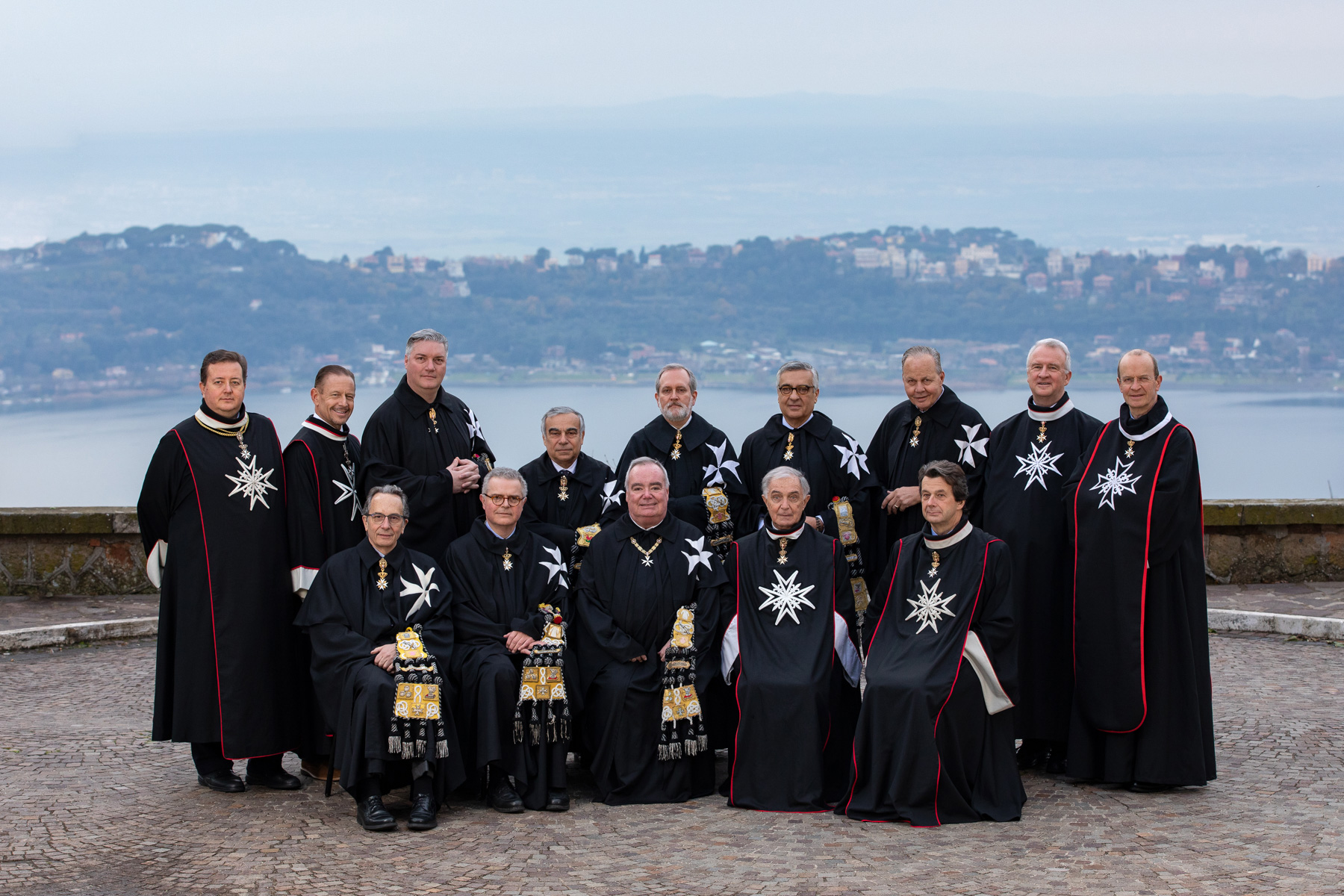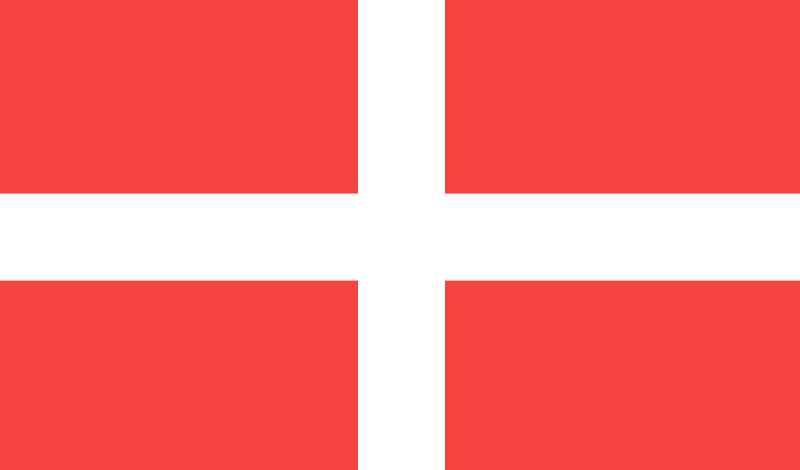Government bodies
Council Complete of State
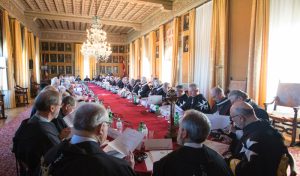 Meets for the election of the Grand Master or the Lieutenant of the Grand Master
Meets for the election of the Grand Master or the Lieutenant of the Grand Master
Members with voting rights are the Grand Master or Lieutenant of the Grand Master, the members of the Sovereign Council, the Prelate, the Priors, the Professed Bailiffs, two Professed Knights for each Priory, the Subpriors or Regents of the Subpriories, fifteen representatives of the Presidents of the National Associations, the delegates elected by the Assemblies of Priories, Sub-priories and Associations in a number proportional to their members. The Grand Master or Lieutenant of the Grand Master is elected on the basis of a binding list of three candidates proposed by the Chapter of Professed. For the election, the presence of an absolute majority of those entitled to vote is required. Whoever has the vote of the absolute majority of those present is elected.
Chapter General
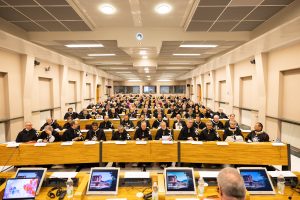 The supreme governing body of the Order
The supreme governing body of the Order
It is composed of representatives of the three Classes and is convened by the Grand Master every six years.
The Chapter General safeguards the Order of Malta’s charism and updates it by acknowledging and addressing the Order’s most important issues. It plans activities, verifies the state of the Order’s assets and guides international relations. It elects the holders of the four High Charges (Grand Commander, Grand Chancellor, Grand Hospitaller and Receiver of the Common Treasure) and four of the nine elective members of the Sovereign Council. It also elects the seven members of the Board of Auditors. It can make modifications to the Constitutional Charter and the Code.
Sovereign Council
Assists the Grand Master (or Lieutenant of the Grand Master) in the government of the Order
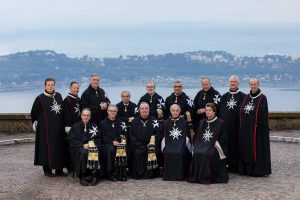 It is presided over by the Grand Master (or the Lieutenant of the Grand Master). It enacts legislative measures not provided for by the Constitutional Charter and the Code; it deliberates on acts of extraordinary administration; it approves the admission of new members and confirms the election of the Chapters of the Priories, Sub-Priories and Councils of National Associations. It decides on the appointment of the presidents, judges and chancellor of the Magistral Courts; it decides the convocation and the agenda of the Chapter General. It confers promotions and decorations. The members of the Sovereign Council are the holders of the four High Charges (Grand Commander, Grand Chancellor, Grand Hospitaller and Receiver of the Common Treasure) and nine councillors (five elected by the Chapter of Professed and four elected by the Chapter General). Convened by the Grand Master, the Sovereign Council meets in the Order’s headquarters at least six times a year and whenever specifically required. The presence of the Grand Master and the absolute majority of members is necessary for the validity of the resolutions.
It is presided over by the Grand Master (or the Lieutenant of the Grand Master). It enacts legislative measures not provided for by the Constitutional Charter and the Code; it deliberates on acts of extraordinary administration; it approves the admission of new members and confirms the election of the Chapters of the Priories, Sub-Priories and Councils of National Associations. It decides on the appointment of the presidents, judges and chancellor of the Magistral Courts; it decides the convocation and the agenda of the Chapter General. It confers promotions and decorations. The members of the Sovereign Council are the holders of the four High Charges (Grand Commander, Grand Chancellor, Grand Hospitaller and Receiver of the Common Treasure) and nine councillors (five elected by the Chapter of Professed and four elected by the Chapter General). Convened by the Grand Master, the Sovereign Council meets in the Order’s headquarters at least six times a year and whenever specifically required. The presence of the Grand Master and the absolute majority of members is necessary for the validity of the resolutions.
Chapter of Professed
It ordinarily takes place before the Chapter General and the Council Complete of State and extraordinarily whenever the Grand Master, having consulted the Council of Professed, deems it necessary. It is composed of Knights of Justice and Professed Chaplains in solemn vows. It has exclusive competence in matters concerning the First Class. It prepares the binding list of the three candidates for the election of the Grand Master or Lieutenant of the Grand Master to be presented to the Council Complete of State. It prepares the binding list of the three candidates for the election of the four High Charges to be submitted to the General Chapter. It elects the five councillors of the Council of Professed who are also members of the Sovereign Council. It elects the delegates of the Professed Knights and Professed Chaplains to the Chapter General.
Council of Professed
Assists the Grand Master in the spiritual developments of the Order and in the government of the First and Second Class
It is presided over by the Grand Master (or by the Lieutenant of the Grand Master). The Grand Commander and five councillors elected by the Chapter of Professed form part of it. It meets in the Order’s headquarters at least six times a year and whenever required by circumstances. For the resolutions to be valid, the presence of the Grand Master, the Grand Commander and the absolute majority of the members is necessary.
Board of Auditors
Supervises and oversees income and expenditures, and the proper management of the entire property of the Order
It is composed of a President and six Members all elected by the Chapter General for a term of six years. They are chosen from among Order of Malta members who are particularly experienced in legal, economic and financial matters. It monitors compliance with the financial statements, verifies the accounts, provides supervision and monitoring of the management of the assets of the Order’s institutions. It is assisted by external auditing firms. It acts as advisory body to the Grand Chancellor and the Receiver of the Common Treasure.
Communications Board
Supervises the internal and external communications activities of the Order
It is presided over by the Grand Master and is composed of a Vice-President and six board members, chosen from among the members of the Order competent in the areas of communications, administration, public relations and mass media. They are appointed by the Grand Master and remain in office for four years.
Juridical Council
Collegial technical advisory body
It can be consulted by the Grand Master or by at least three members of the Sovereign Council or the Council of Professed for especially relevant juridical issues. It meets in the Order’s headquarters and is composed of a President, a Vice-President, a Secretary General and the State Advocate General. The members are appointed by the Grand Master after consultation with the Sovereign Council and are preferably already members of the Order, particularly versed in the law of the Order, Canon Law and public and international law. They remain in office for three years.
Magistral Courts
Have jurisdiction over disputes arising within the Order of Malta
The Magistral Courts are of First Instance and Appeal. The Presidents, the Judges and the Chancellor are appointed by the Grand Master, with the deliberative vote of the Sovereign Council, chosen from the Order’s members particularly experienced in law. They hold office for three years and meet in the Order of Malta’s headquarters. Their areas of competence include appeals against disciplinary procedures involving members of the Second and Third class; appeals against administrative provisions issued by the Order’s authorities; appeals against decisions concerning admission to the Second and Third Class; labour disputes; disputes between members of the Order of Malta. Upon mutually agreed written requests of States or subjects of international law, the Magistral Courts can act as arbitrators in international disputes.
Office of Advocate General
It is composed of the State Advocate General – appointed for three years by the Grand Master, with the consent of the Sovereign Council – assisted by other lawyers where appropriate. The Order of Malta’s organizations may seek the advice and assistance of the Office of Advocate General whenever necessary and especially in cases involving complex legal issues. It acts as a defence counsel for the Order before both ecclesiastical and civil courts.









